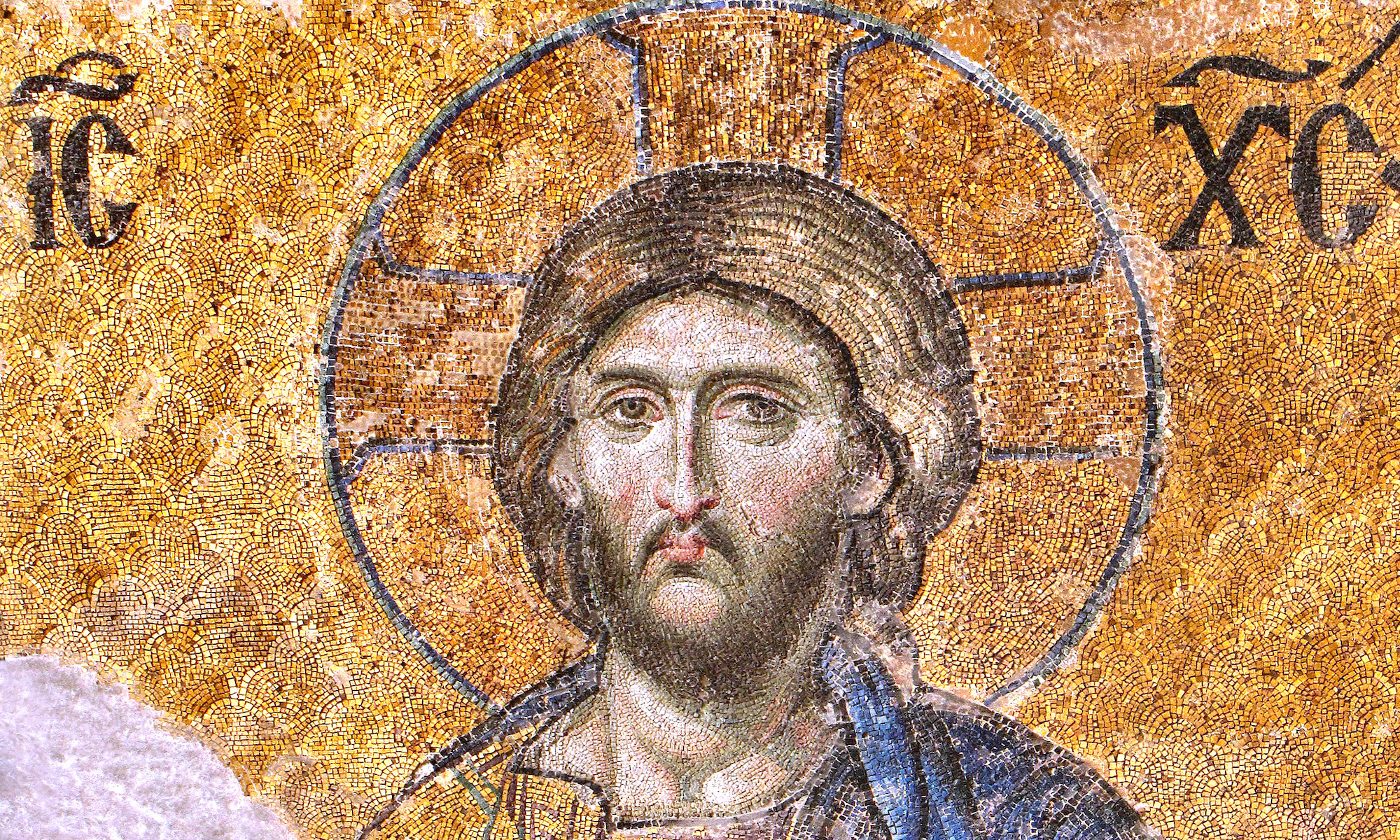On this Sunday of the Forefathers, a few thoughts about family and the feast
Podcast: Play in new window | Download
Subscribe: RSS

The English-language Orthodox Church in Vancouver, BC
On this Sunday of the Forefathers, a few thoughts about family and the feast
Podcast: Play in new window | Download
Subscribe: RSS
Wordsworth and the fast remind us of the importance of persisting in holiness, like the Theotokos
Podcast: Play in new window | Download
Subscribe: RSS
In which I plagiarize my favourite of St. John Chrystostom’s sermons on “The Rich Man and Lazarus”, which focuses on the leveling effect of an earthquake (no pun intended) and how the Christian perspective, seeing disasters as literal “acts of God”, can actually help us in our pursuit of holiness by prompting self-examination and repentance – and by revealing our roles in this life for the transitory contingencies that they really are. I touch in this sermon on my own experience of an earthquake, which I have documented on my own personal blog (here and here), for anyone interested.
Podcast: Play in new window | Download
Subscribe: RSS
However much power we give evil, it is powerless in the presence of Christ.
Warning: As with almost all of my homilies, much of this sermon is based on what I have encountered and struggled with during the week. Given that, this one touches on suicide. If this is a sensitive topic for you, you may want to skip this one. Also, given that suicide is not the primary focus of the sermon, it does not attempt any sort of systematic, authoritative, or well-rounded treatment of the subject; if you are looking for that, I recommend the 2007 SCOBA Pastoral Letter on Suicide, available here: https://goo.gl/Se7FQE
Podcast: Play in new window | Download
Subscribe: RSS
What does it mean for us to be “the temple of the living God”?
Podcast: Play in new window | Download
Subscribe: RSS